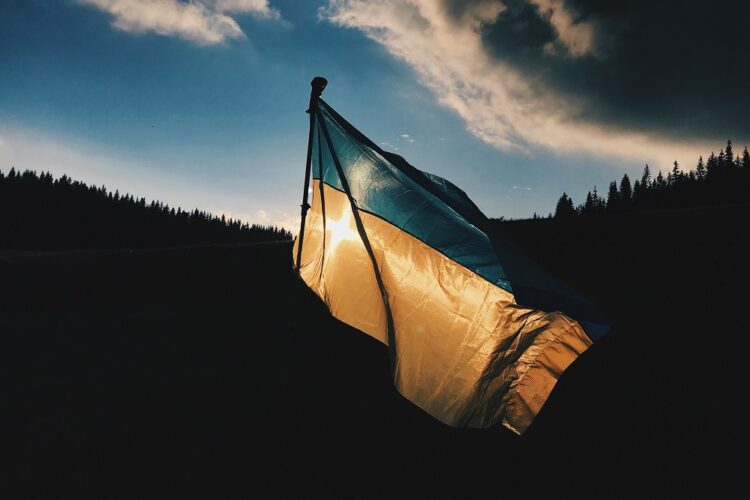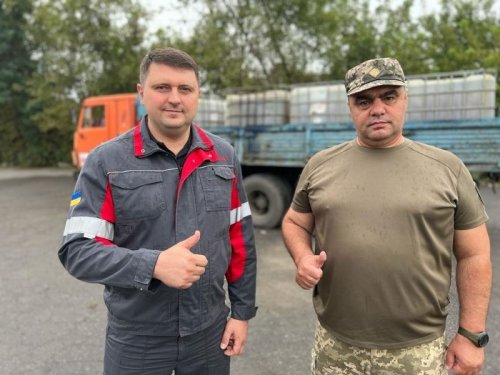Officials indicated that the Ukrainian government is getting ready to assist in the evacuation of citizens from the ravaged cities of Kherson and Mykolaiv, where attacks on the city’s heating and power infrastructure have stoked concerns about a potential humanitarian disaster, The New York Times reports.
On Monday, a major nuclear station in the same area was hit by at least 12 Russian shell explosions.
As the colder months of the year draws near, many Kherson inhabitants may have little choice but to flee, according to the authorities. Kherson was in just over a week ago regained from Russia.
According to Ukrainian officials, residents of Mykolaiv, a port city about 40 miles to the northwest that is frequently the target of Russian airstrikes, have also requested to be relocated to safer places.
The human damage of the previous eight months of combat is now becoming more apparent months into the conflict. The prosecutor general of Ukraine estimates that more than 8,300 people, including 437 children, have perished since the war started, while the actual death toll is likely far higher.
Officials around the nation are concerned about how to assist Ukrainians in surviving in the winter when procuring even the most basic supplies may be difficult due to Russia’s relentless shelling of vital infrastructure.
The only option, according to the authorities, NYT says, for many inhabitants in Kherson where the Ukrainian army discovered a wounded city after they drove the Russian occupants out a little over a week ago, might be to flee.
The administration has asked Ukrainians outside the nation to stay away for the time being since there is no end to the war in sight and because it is becoming colder.
The biggest population displacement in Europe since World War II has occurred in Ukraine, where more than 7.8 million people have left since February, according to the UN agency for refugees.
Over the weekend, the CEO of DTEK, the largest private energy company in Ukraine, suggested that other citizens think about leaving the nation to lessen the burden on the power grid.
“If they can find an alternative place to stay for another three or four months,” Maxim Timchenko, the DTEK chief executive, told the BBC, “it will be very helpful to the system.”



